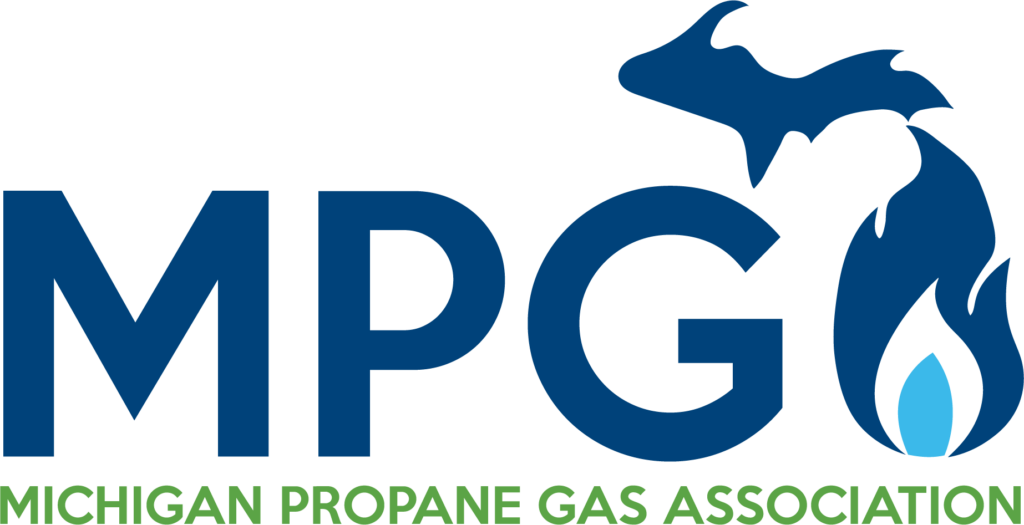Global Biofuel Setbacks Could Boost Michigan’s Energy Future
The global setbacks in biofuel investments by companies like Shell and BP have sent ripples through the global energy market. While these companies pivot towards liquefied natural gas (LNG) as a solution, there’s a silver lining for Michigan and the nation—and it lies in the potential growth of propane’s market share.
Amid Michigan’s energy transition, there are increasing concerns about the reliability of its future power supply. As highlighted in the 2023 Regional Resource Assessment by the Midcontinent Independent Systems Operator (MISO), there appears to be a significant gap between available energy capacity and projected demand across the nation and Michigan.
Michigan’s current energy supply falls short of expected demand levels, even with conservative estimates. This mismatch, compounded by the state’s fixed pricing mechanisms, could lead to shortages and potential blackouts. One of MISO’s key concerns is the increasing reliance on less predictable renewable energy sources at the expense of more traditional ones. The energy sector’s move towards replacing controllable, dispatchable resources with weather-dependent and variable generation types is primarily driven by goals to reduce carbon emissions. However, this transition raises reliability issues, as senior MISO representatives highlighted during a recent hearing before the U.S. House Subcommittee on Energy, Climate, and Grid Security.
This scenario presents a unique opportunity for propane, a reliable and versatile fuel that can help bridge the energy gap. Propane vehicles, in particular, offers a clean, cost-effective alternative EVs. More importantly, propane is a leading source of home heating for rural areas, and its arguably the cleanest alternative fuel source, according to the U.S Department of Energy
With biofuels facing challenges, propane offers a silver lining with its low emissions and low per-gallon cost.
“In Michigan, we’re seeing firsthand how propane autogas can bridge the gap between traditional fuels and the future of energy. With the pressures on our grid increasing, propane provides a stable, low-emission alternative that supports our state’s energy independence and environmental goals,” said Scott Underwood, Autogas Chairman, Michigan Propane Gas Association (MPGA)
Michigan’s commitment to a sustainable energy future makes propane an attractive choice. Propane can not only support the increased energy needs driven by AI and other emerging technologies, but it can also offer a viable solution for reducing carbon emissions in transportation and beyond.
Derek Dalling, Executive Director of the Michigan Propane Gas Association, says, “While there is no silver bullet for achieving net-zero emissions in transportation, all clean energy sources, including propane, should be considered as long-term players in the quest for cleaner energy solutions.”
This is good news for Michigan’s private and government fleet managers, who have over 33,000 propane trucks on the road.
As the world’s oil giants grapple with biofuel challenges, Michigan has an opportunity to embrace propane as a critical component of its energy strategy. By doing so, we can ensure a secure, sustainable, and prosperous energy future for our state.
Learn more about propane’s Environmental Benefits
$16,000 in funding available to convert your fleet

